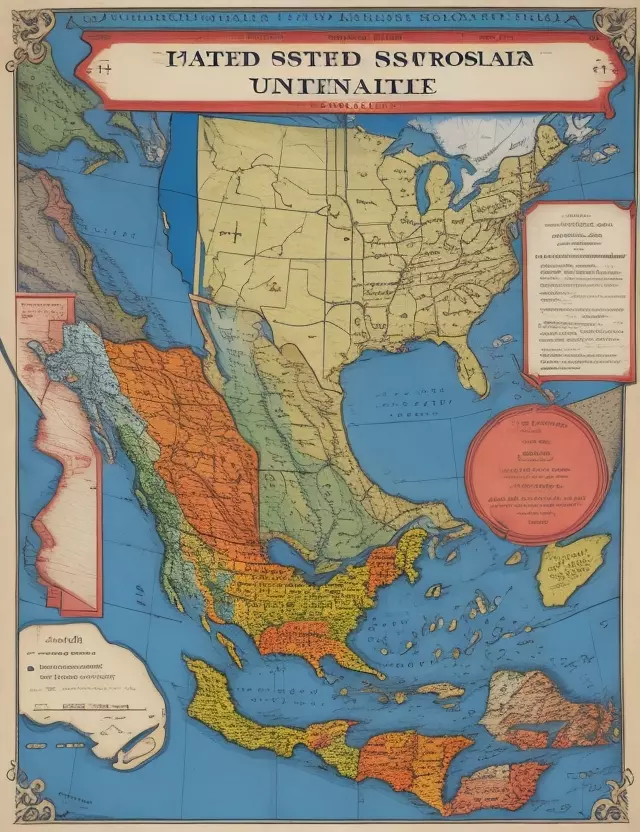The Louisiana Purchase: U.S. Acquisition of Vast Territory
Historic Expansion (1803-12-20)

The Louisiana Purchase: U.S. Acquisition of Vast Territory
On December 20, 1803, a historic chapter in U.S. history unfolded with the official acquisition of the vast Louisiana Territory from France in what is now known as the Louisiana Purchase. This monumental transaction, orchestrated by key figures such as Thomas Jefferson and Napoleon Bonaparte, significantly shaped the course of U.S. territorial expansion.
Motivations and Negotiations
The Louisiana Purchase was born out of a combination of strategic, political, and economic motivations. President Thomas Jefferson, eager to secure access to the vital port of New Orleans and the Mississippi River, initiated negotiations with France. The urgency increased when Napoleon Bonaparte, facing challenges in the Caribbean and in need of funds for his military campaigns, offered the entire Louisiana Territory for sale.
Land of Opportunity
The Louisiana Territory, a vast expanse of land west of the Mississippi River, doubled the size of the United States. The acquisition included not only the port of New Orleans but also fertile lands, waterways, and resources that held immense economic and agricultural potential. The purchase opened up new opportunities for westward expansion and settlement.
The Purchase Agreement
The negotiations culminated in the Louisiana Purchase Treaty, signed on April 30, 1803. The United States agreed to pay $15 million to France for the entire territory. The purchase price amounted to approximately four cents per acre, a remarkable deal considering the vastness of the acquired land. The Senate ratified the treaty, and the acquisition became official on December 20, 1803.
Impact on U.S. Expansion
The Louisiana Purchase had a profound impact on U.S. territorial expansion and the nation's development. It provided the space for westward migration, the exploration of new territories, and the establishment of trade routes. The acquisition laid the foundation for the idea of "Manifest Destiny," the belief that the United States was destined to expand across the continent.
Legacy of the Louisiana Purchase
Today, the Louisiana Purchase stands as one of the most significant land acquisitions in history. It not only transformed the geographic landscape of the United States but also set the stage for future westward expansion, shaping the nation's identity and aspirations. The legacy of this historic event continues to reverberate in discussions of American history, territorial growth, and the complexities of diplomacy.



